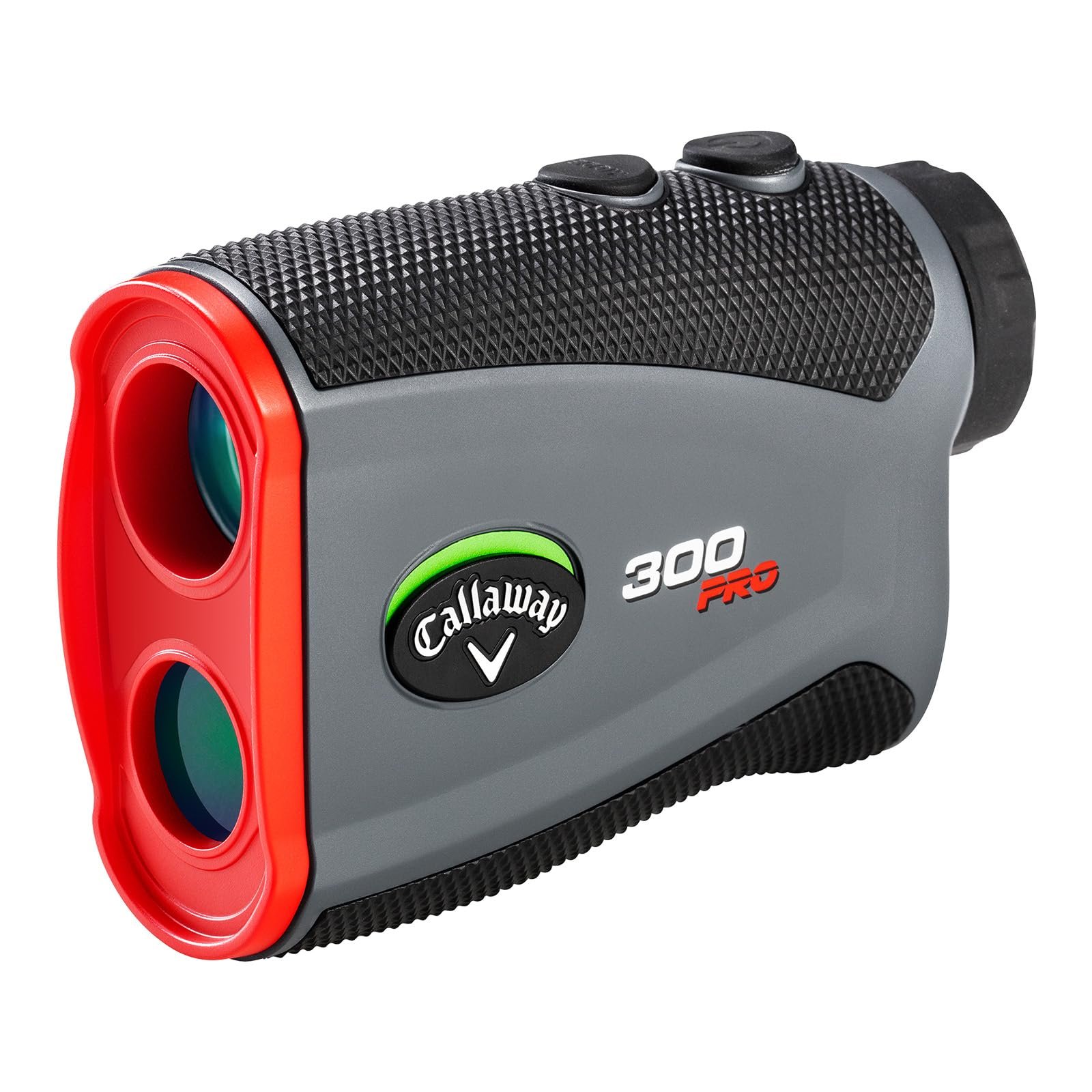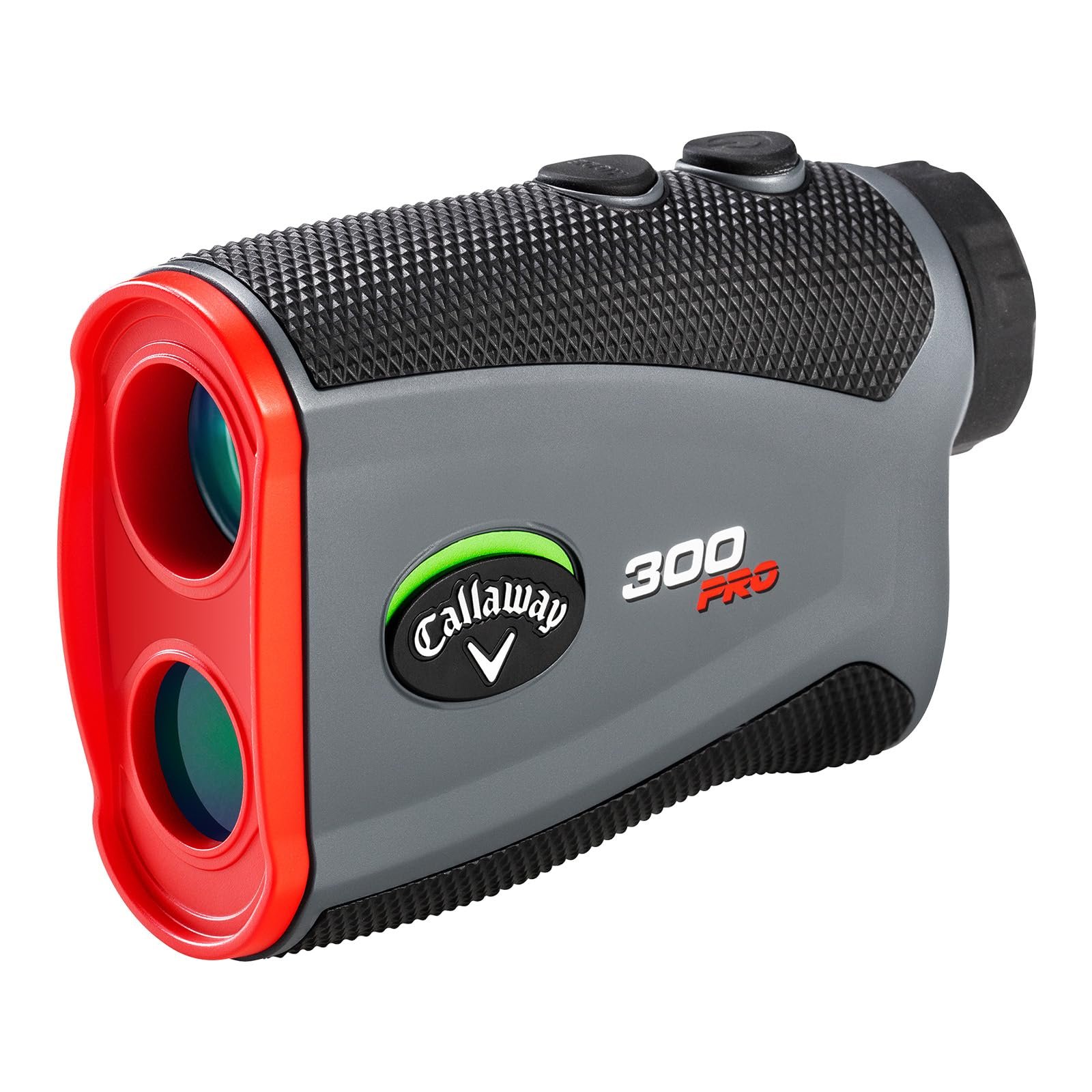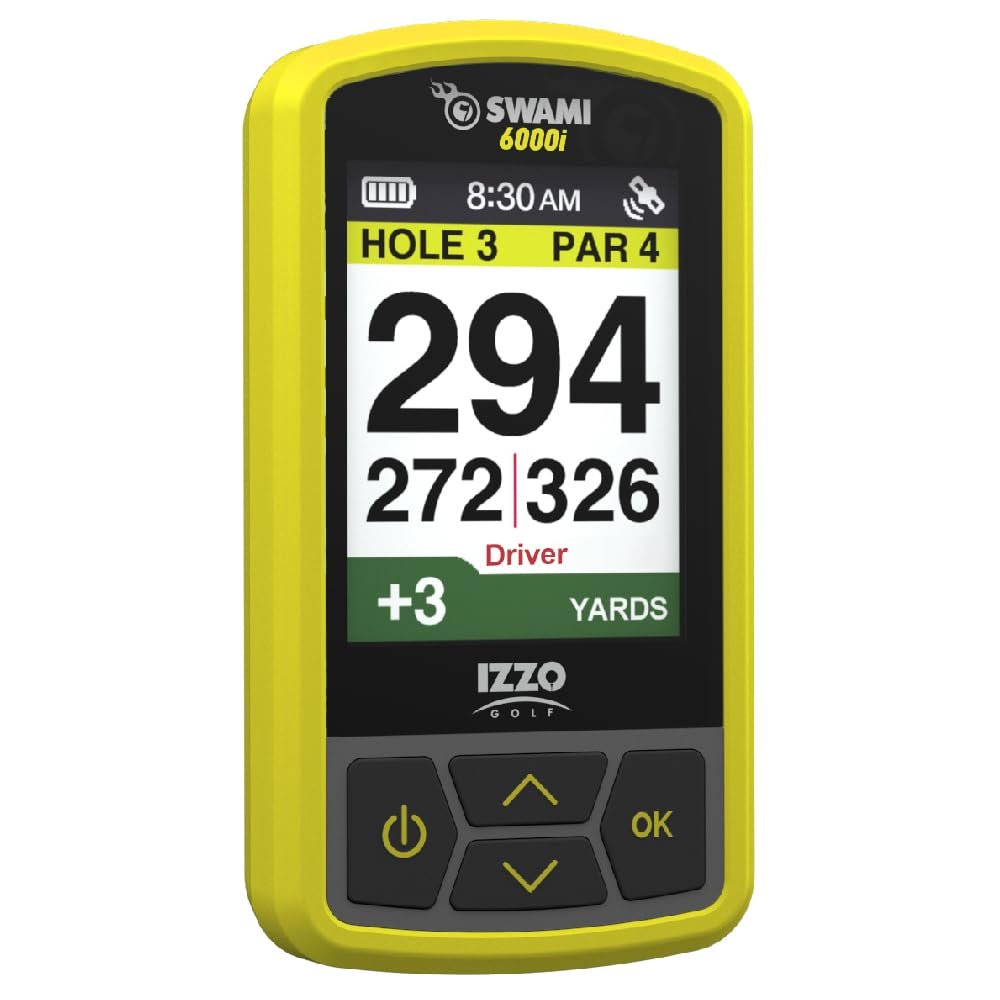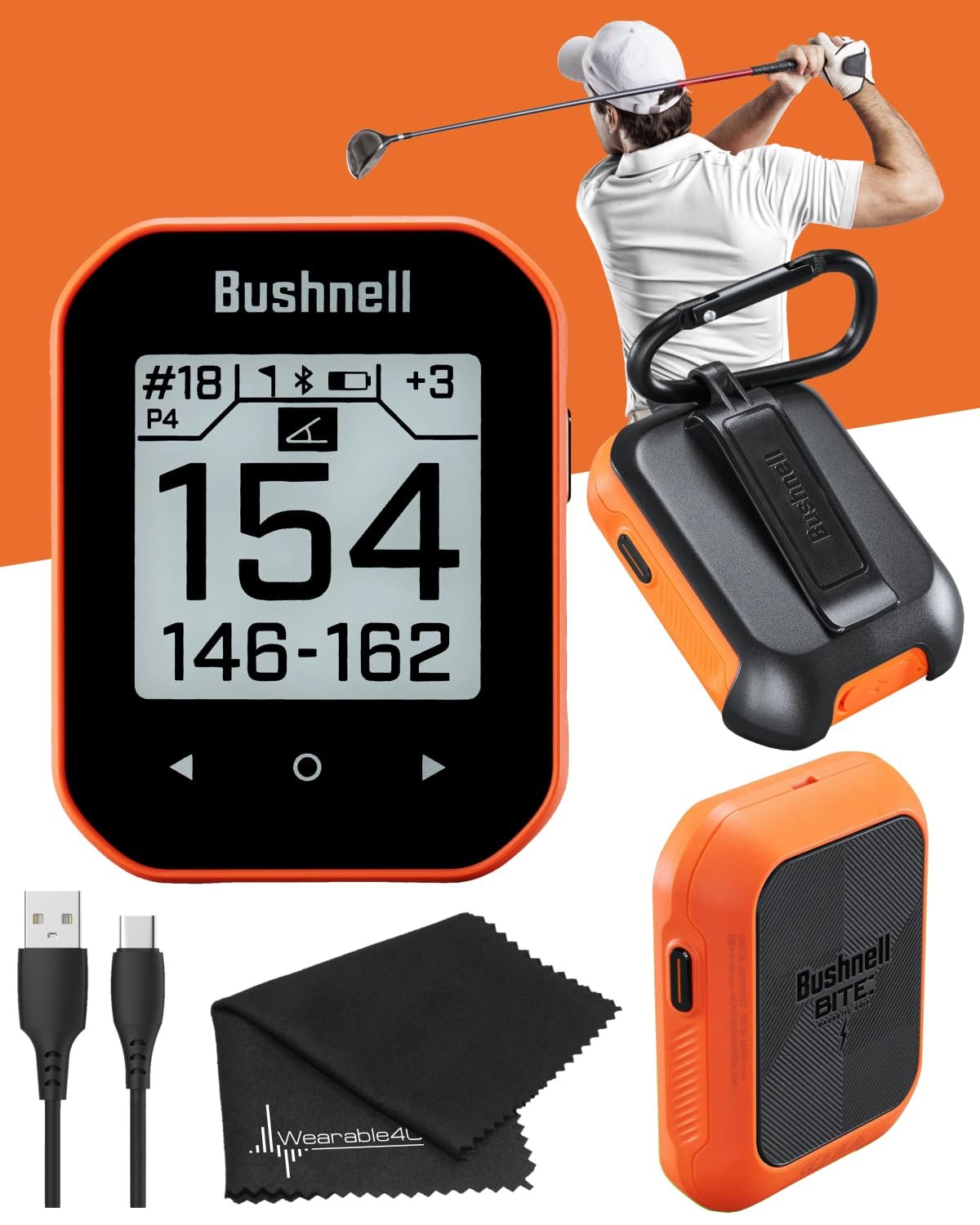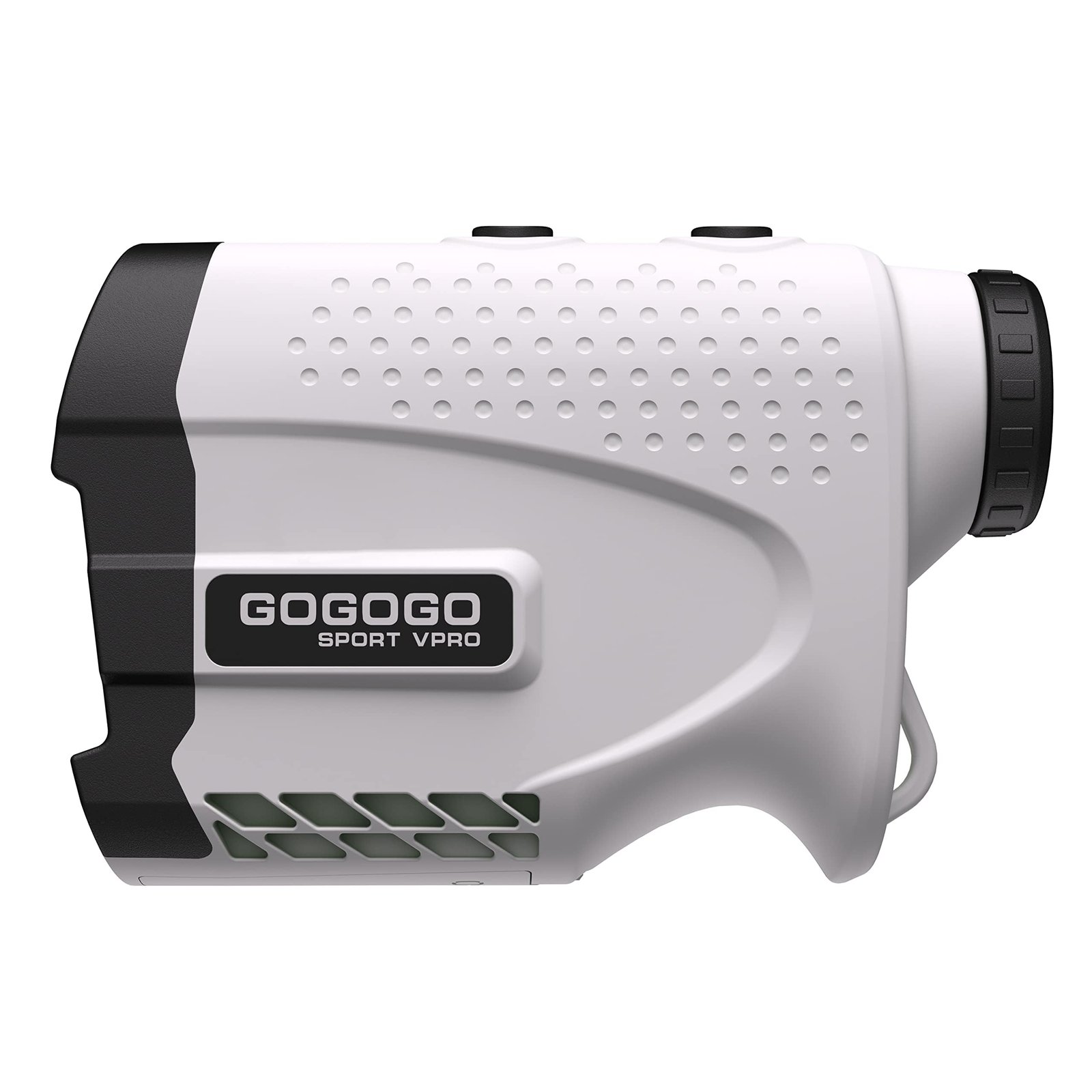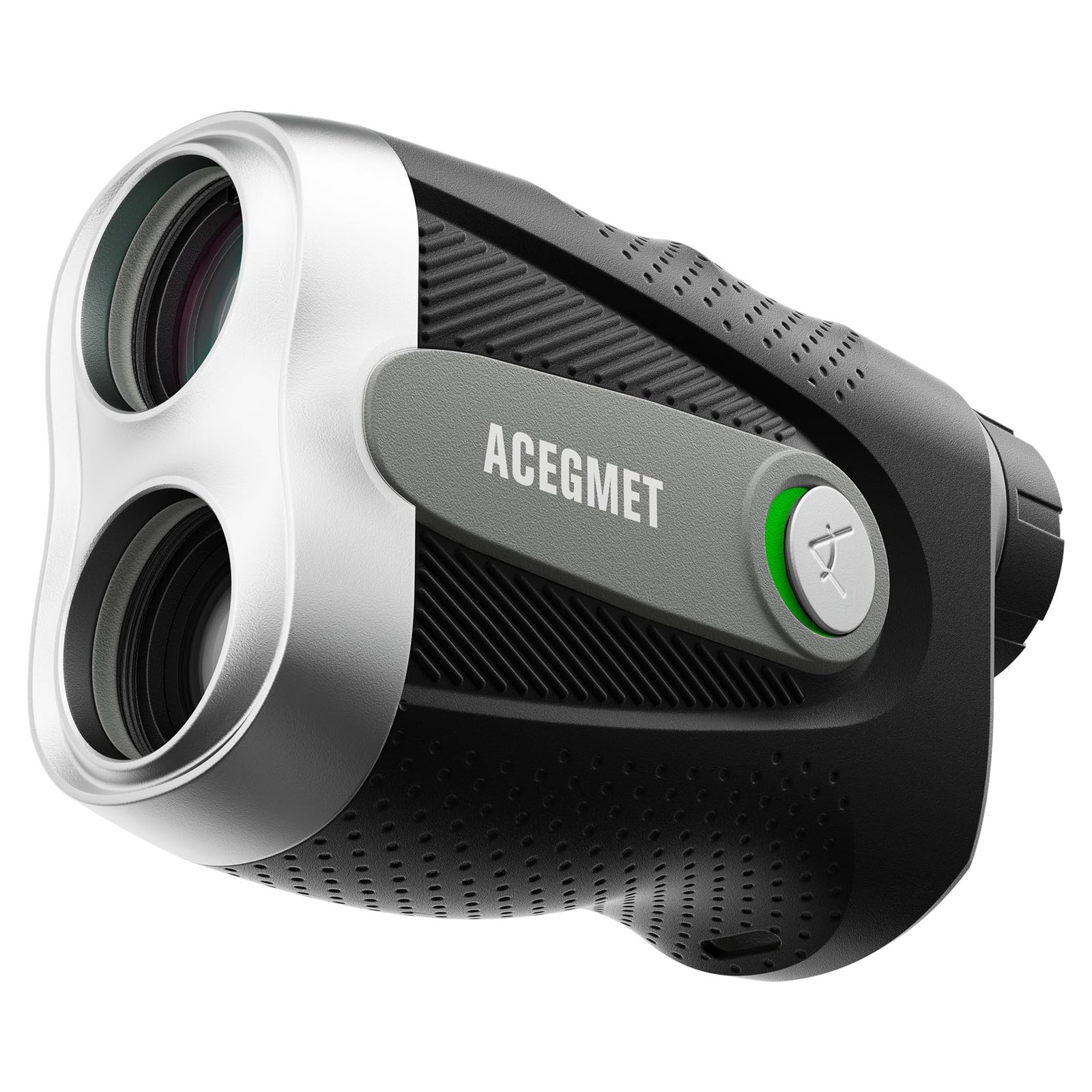Golf is a beloved pastime that combines skill, precision, and a connection with nature.
For those looking to improve their game, technology offers a myriad of tools, with GPS golf rangefinders topping the list.
These devices are designed to enhance our golfing experience by providing accurate distance measurements, allowing us to select the right club and execute better shots.
When considering a GPS golf rangefinder, there are several key aspects to pay attention to.
Display clarity is vital; we need to be able to see distances at a glance without straining our eyes.
Battery life is another critical factor since we don’t want a device that gives out midway through a course.
Additionally, the ease of use and compatibility with various golf courses can make a significant difference in how beneficial the gadget is during a game.
Having a trusty rangefinder by our side can transform a round of golf.
We spent time testing numerous devices to find the ones that enhance our performance on the green.
Top GPS Golf Rangefinders
We’ve put together a selection of the top GPS golf rangefinders to enhance our game on the course.
Discover which devices will help us achieve the precision and accuracy we need to perfect our swing and lower our scores.
Callaway 300 Pro Laser Rangefinder
This Callaway rangefinder is a reliable choice for golfers seeking precision and ease of use on the course.
- Slope measurement provides accurate adjusted distances.
- Pin-locking technology is effective, even with obstacles in the way.
- Compact and lightweight, fits comfortably in a pocket.
- Can be challenging to hold steady for long distances.
- Display readability could be improved in low-light conditions.
- Batteries are not included with the purchase.
We found the Callaway 300 Pro Laser Rangefinder incredibly useful during our rounds.
Its slope measurement feature gives us confidence with every shot, especially on tricky terrains.
Having accurate distances right at our fingertips lets us focus more on our game without constantly second-guessing our club choices.
One of the standout features is the pin-locking technology.
It reliably secures distances to the flag even when trees are in the background, confirmed by a satisfying chirp that reassures us of its accuracy.
This device is compact enough to carry around without any hassle, and knowing it’s resistant to weather makes it a reliable companion no matter the conditions.
This rangefinder truly enhances our golfing experience.
Though, it does take practice to maintain a steady hand for distant pins, and the display could be more vivid for night-time sessions.
Overall, the Callaway 300 Pro strikes a fine balance between performance and portability.
Izzo Swami 6000 Golf GPS
The Izzo Swami 6000 Golf GPS is ideal for golfers needing a reliable device that doesn’t skimp on features and ease of use.
- Pinpoints distances swiftly.
- Long-lasting battery.
- Water-resistant and durable.
- Sometimes misses specific courses.
- Micro USB charging can be inconvenient.
- The hazard screen can be challenging to interpret.
Using the Izzo Swami 6000 was a game-changer for us.
The straightforward display and user-friendly menu made it simple to access critical information like distances to the front, center, and back of the green.
The GPS locked onto our course quickly, even when we played at different courses on consecutive days.
The rechargeable lithium-ion battery is a standout feature, lasting well over the typical round, which is perfect for an extended day at the golf course.
We appreciate its water-resistant feature, which provided peace of mind during an unexpected drizzle.
However, while its benefits are substantial, we found its course recognition occasionally limited, and the hazard screen wasn’t very intuitive.
Additionally, the use of a Micro USB connector felt a bit outdated.
Despite these hitches, the Swami 6000 remains a solid choice for consistent performance on the green.
Bushnell Phantom 3 GPS Rangefinder
This rangefinder is a solid choice for golfers eager for accurate yardage and user-friendly functionality.
- Impressively accurate yardage display
- Durable magnetic mount keeps it secure
- User-friendly with frequent automatic updates
- Limited sunglass visibility under bright sunlight
- Relies heavily on magnetic compatibility
- Lacks slope adjustment features
When using the Bushnell Phantom 3, we found it to be a game-changer on the course.
Its impressive overall yardage accuracy made club selection easier and boosted our confidence.
The device’s magnetic mount system is a standout feature, ensuring that it stays firm on the golf cart without fail.
Navigating around different courses becomes effortless with the automatic hole advancement.
We appreciated how it allowed us to play with fewer distractions.
Seeing yardage numbers clear as day on the large display added significant ease, though it could prove troublesome under direct sunlight.
However, for those who prefer to have slope-adjusted distances, this might not entirely meet every need.
Still, with its intuitive use and practical design, it certainly packs punch into our golfing experience.
Gogogo Sport Vpro Laser Rangefinder
A solid choice for budget-conscious golfers who need accurate distance readings without breaking the bank.
- Budget-friendly without compromising on essential features
- Slope mode for calculating elevation changes
- Vibration feedback for flagpole lock
- May not work flawlessly every time
- Lacks premium build quality
- Optics could be clearer in low light
After testing the Gogogo Sport Vpro Laser Rangefinder on the course, we were pleasantly surprised by how much it offers considering its price point.
This device’s ability to provide precise distance measurements proved to be as effective as some pricier models we’ve seen our friends use.
The slope mode significantly aids in judging elevation changes, making club selection feel more informed.
We particularly enjoyed the vibration feedback upon locking onto a flag, which enhanced our confidence in its accuracy.
While the rangefinder shines in many areas, it isn’t without its drawbacks.
Occasional inconsistencies cropped up, and the device’s construction feels a tad on the basic side.
Nevertheless, for golfers prioritizing affordability and functionality, this unit remains an appealing option.
ACEGMET Golf Rangefinder
The ACEGMET Golf Rangefinder is a solid purchase for golfers seeking precision and ease of use on the course.
- Effortless distance measuring with adjustable slope mode
- User-friendly interface suited for beginners and pros alike
- Compact design that easily fits in a pocket or golf bag
- Limited usage outside of golf
- Requires frequent charging on long outings
- May not suit those who prefer traditional equipment
The ACEGMET Golf Rangefinder impresses with its accuracy and ease of use.
By simplifying club selection with its adjustable slope mode, it makes golfing more intuitive and enjoyable.
Whether we’re out for a casual game or preparing for a tournament, its reliable performance enhances our experience.
Its compact and lightweight build ensures it doesn’t weigh us down.
The handy size means we can conveniently pocket it between shots, always ready when precision is needed.
The straightforward interface allows us to focus more on our game, rather than fiddling with complex settings or buttons.
Despite its golf-centric design, the rangefinder’s battery life keeps us in the game longer without interruptions.
It charges quickly via USB, but remember to top it up between rounds to prevent running out of juice during extended play.
For anyone looking to elevate their game, the ACEGMET Golf Rangefinder is a valuable companion.
Buying Guide
When selecting a GPS golf rangefinder, it’s crucial to consider a few key features.
We want to make sure we get the most out of our investment.
First, check for accuracy in distance measurement.
A high degree of precision is essential for improving our game on the course.
Another important feature is ease of use.
We need a device with an intuitive interface and clear display so we’re not fumbling with settings during a game.
Look for devices with large screens and easy-to-read mapping.
A long battery life ensures we can play multiple rounds without worrying about recharging.
It’s frustrating to lose power in the middle of a critical round.
In addition, consider if the device is waterproof or weather-resistant, especially if we often play in varying conditions.
Check if it offers course coverage for the locations we regularly play at.
Some rangefinders come preloaded with thousands of courses, which saves time and hassle.
Updated maps can be a lifesaver on a new or changing course.
Portability is another factor to consider.
A lightweight and compact device won’t add unnecessary bulk to our golf bag.
We might also want to consider whether a carry case or mounting option is included.
We should consider which additional features and technologies matter most to us.
Some devices offer advanced tracking features or connectivity options, which may be useful depending on our skill level and needs.
Finally, aligning our choice with our budget is vital to ensure we get value without overspending.
Comparing prices and reading user reviews can provide further insights before making a decision.
Frequently Asked Questions
When it comes to choosing a GPS golf rangefinder, many factors such as advantages, differences, and necessary features play a significant role.
Understanding these can help us select the right device for our golfing needs.
What are the advantages of using a GPS golf rangefinder on the course?
Using a GPS golf rangefinder can give us an edge on the course.
It helps in pinpointing distances to various hazards and greens more accurately.
This aids in making more informed shot decisions, saving us strokes, and enhancing our overall golfing experience.
How does a GPS golf rangefinder differ from a traditional laser rangefinder?
While both devices serve the purpose of measuring distance, GPS rangefinders use satellite data to calculate distances without needing a direct line of sight.
On the other hand, laser rangefinders use a laser beam aimed at a target to determine distance, often requiring clear visibility.
Can using a GPS rangefinder improve my golfing accuracy and if so, how?
A GPS rangefinder improves our accuracy by offering precise yardages to hazards and greens.
This allows us to select the appropriate club for each shot, potentially lowering our scores.
With reliable information at hand, guessing is minimized, helping us play more confidently.
Are there specific features to look for when choosing a GPS golf rangefinder?
When selecting a GPS golf rangefinder, we should consider features such as pre-loaded courses, ease of use, and battery life.
Additional functionalities like shot tracking and scorekeeping can also be beneficial.
A clear, user-friendly display enhances our experience and ensures quick information access.
How do I update course information on a GPS golf rangefinder?
Updating course information typically involves connecting our device to a computer or using a mobile app.
Most brands provide regular updates that we can download and sync, ensuring we have the latest course data.
It’s important we check if our rangefinder requires a subscription for updates.
What should I consider when deciding between a hand-held GPS rangefinder and a wearable device?
When deciding between a hand-held device and a wearable one, personal preference often plays a big role.
A hand-held device might offer a larger screen for easy reading.
Meanwhile, wearables can provide convenience with hands-free operation.
Considering comfort and usability can help us decide the best fit for our style.

